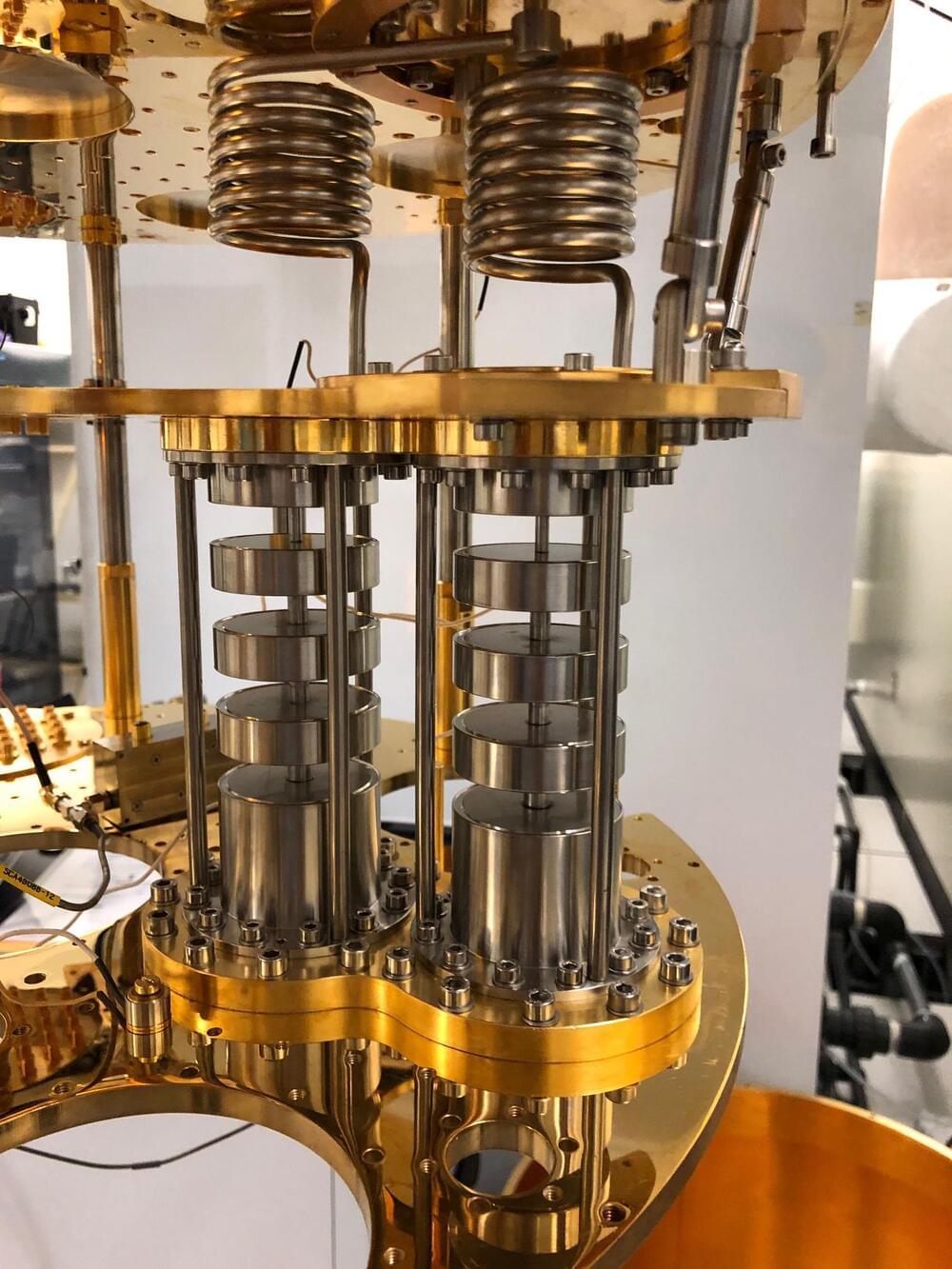For one, classical physics can predict, with simple mathematics, how an object will move and where it will be at any given point in time and space. How objects interact with each other and their environments follow laws we first encounter in high school science textbooks.
What happens in minuscule realms isn’t so easily explained. At the level of atoms and their parts, measuring position and momentum simultaneously yields only probability. Knowing a particle’s exact state is a zero-sum game in which classical notions of determinism don’t apply: the more certain we are about its momentum, the less certain we are about where it will be.
We’re not exactly sure what it will be, either. That particle could be both an electron and a wave of energy, existing in multiple states at once. When we observe it, we force a quantum choice, and the particle collapses from its state of superposition into one of its possible forms.









Comments are closed.